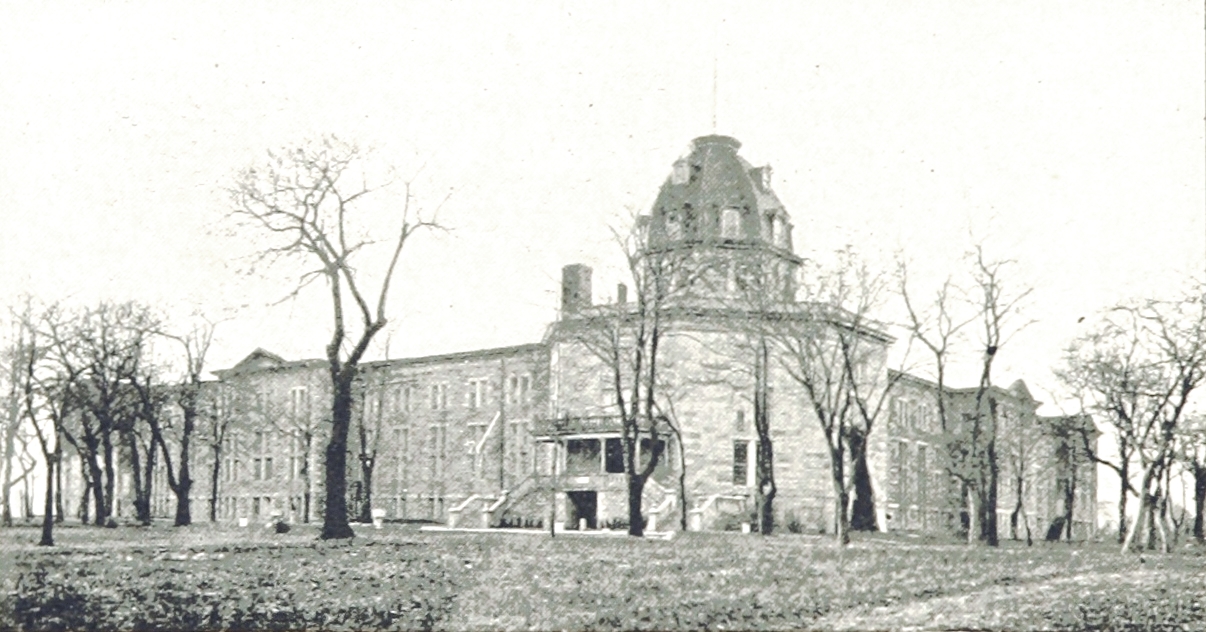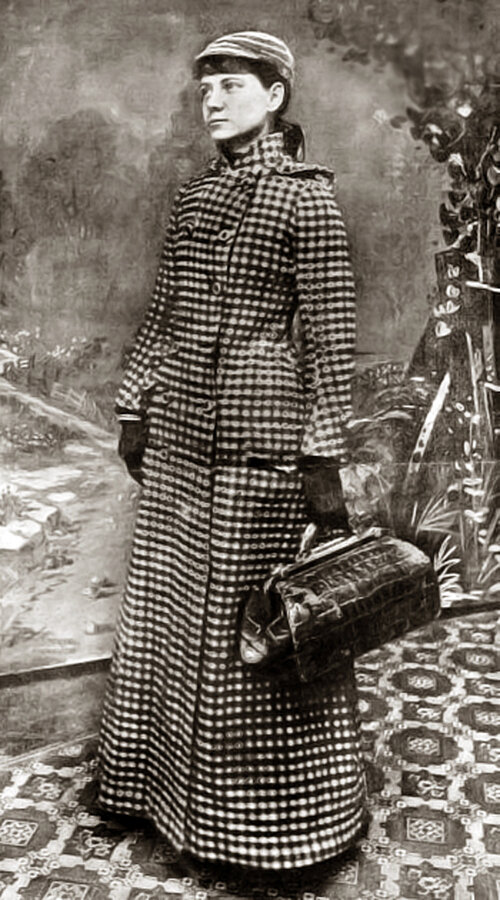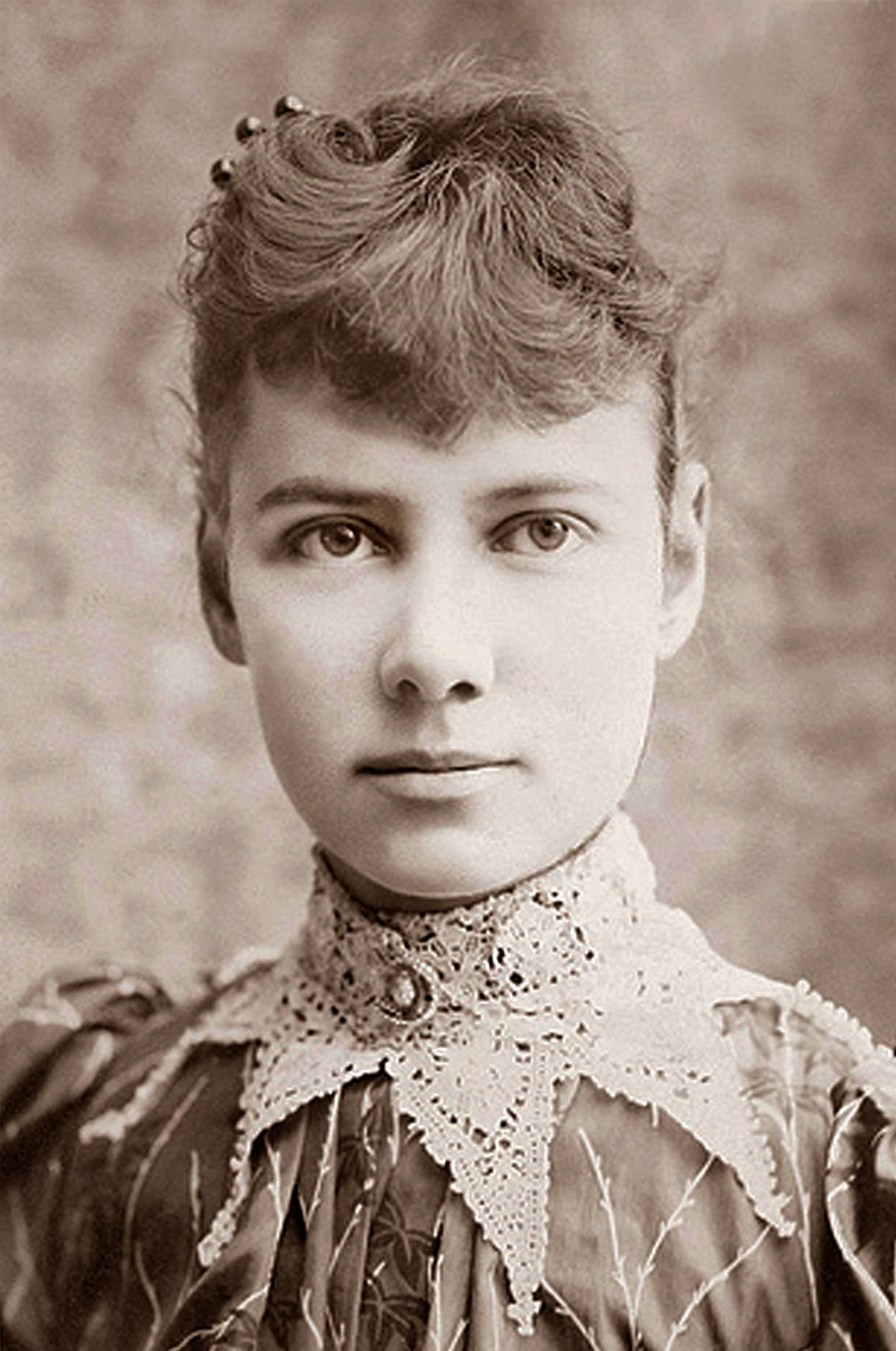
6 minute read
Under Cover
Musical to tell the story of journalist Nellie Bly's race around the world
By Leslie Sharp (Gamma Sigma, Palos Verdes/South Bay)
I happen to be a creative person, to the extreme. I write fictional stories, essays, poetry and also compose and perform music. I have a classical background so I am comfortable in that arena. My comfort zone extends to jazz, pop and anything improvisational. One thing that I enjoy beyond anything, is putting words to music or vice versa, music to words. So the genre of the musical is right in my cluster of favorites. Of course, having to deal with the everyday demands of surviving in this world, I experience a lot of procrastination when it comes to large projects.
“I’m too tired.” “I have to go shopping.” “I have to make a trip to the bank.” “I have to cook dinner.” The distractions are endless, as anybody who has completed a large piece knows. The task of developing a musical has felt monumental, though it may pale in comparison to a Beethoven symphony or the sculpting of Mount Rushmore.
Several years ago, I was in the library in Palos Verdes when a cover of a new book — Eighty Days: Nellie Bly and Elizabeth Bisland’s History-Making Race Around the World — captured my attention and made my eyebrows raise. Initially, I thought of the musical Around the World, inspired by the well-known Jules Verne novel, Around the World in Eighty Days. As I held the book, I saw the iconic picture of Nelly Bly in her custom-made dress and handbag, and I had to delve deeper. As I opened the cover, there was another connection. Another library patron had previously checked Eighty Days out on my birthday. There was that familiar date, right on the inside. That was all I needed, and I soon became engrossed in the book.

As the story progressed in all of its complexities, all I could think was, “This has to be a musical!” Each character had a bold personality, and the two main women, Elizabeth Cochran (Nelly Bly) and Elizabeth Bisland, presented a clear contrast to each other. Each one broke down walls for their gender in the fields of journalism and writing. Blues, ragtime and boogie-woogie music were flourishing, and though I absolutely do NOT restrict my music to only those timely genres, I did use those stylistic resources for some of the scoring. I also was inspired by jazz and swing, classical, folk, and more.
Though inspired at that first reading, I did not jump on the project. “Someday” I would get to it, and I tried to believe.
About Nelly Bly
COVID offered such an opportunity. I was stuck at home and had no excuse whatsoever. Lyrics began coming to me, and as the words inspired a particular genre, I put them to music accordingly. It was very exciting to see a musical gradually take shape. I still dragged my feet. I’d work on it for a while, intensely, and then push it out of the way for months as something else demanded my focus.
When it was time to enter the music into software, I realized that lead sheets and chords were not going to be adequate. So I found a large degree of patience and began to have great fun using the symphony of instruments that came along with any notation software. I primarily used MuseScore. This turned out to be the most fun part, and I orchestrated and arranged more than 20 songs. The musical styles contrast nicely with each other, and I believe it keeps the story interesting, especially to younger audiences who have access to every kind of music on the planet.
I’ve been told that the words are quite witty — Lenita McCallum Witherspoon (Phi Iota, Palos Verdes/South Bay Alumni) has been a willing listener as the music progresses and she has offered valuable insight and direction on some of the songs. I have a full three acts. The most demanding on any one vocalist is the first act. Elizabeth Cochran, aka, Nelly Bly, sings most of the songs. I also have the inmates of the Blackwell’s Island Women’s Lunatic Asylum singing their own woes and laments. Most of these songs have a comedic edge to them, and this is a necessary part of any successful musical, in my experience. At the asylum is a cruel and sadistic nurse, and I gave a song of her own, “This is Charity.” The repeated line is “This is charity it’s not about much …”

I have created a website, and have put up two songs, finally figuring out how to make the YouTube links come alive. Only one of the two has a vocal recording, but soon I’ll have a vocalist do the part on top of the symphonic score as well. As each song gets recorded with the vocal track, I will place a little more on the site.
Right now, I’m eager to put together an amateur performance or even just a staged reading! As I would hope to have it, the staged reading would include actual actors as characters singing their songs. Some people have suggested that I do pre-record all of the music with my vocals. However, though I can get through each song, I don’t possess enough vocal and acting abilities to put it across as it should be and the delivery suffers.
Though the story and music are quite captivating and accessible, the music is nevertheless demanding to perform. The wide range of quick lyrics with lots of words requires some reasonable acting ability. Very little is operatic, mostly musical theater and/ or a pop vocal approach. I’m grateful for the opportunity to share this journey with other Mu Phi members.
About Nelly Bly
Nellie Bly became a star journalist by going undercover as a patient at a Blackwell’s Island, a New York City women’s asylum, in 1887 and exposing its terrible conditions in the New York World. Her reporting not only raised awareness about mental health treatment and led to improvements in institutional conditions, it also ushered in an age of investigative journalism. Her illustrious career also included a headline-making journey around the world, running an oil manufacturing firm, and reporting on World War I from Europe.






